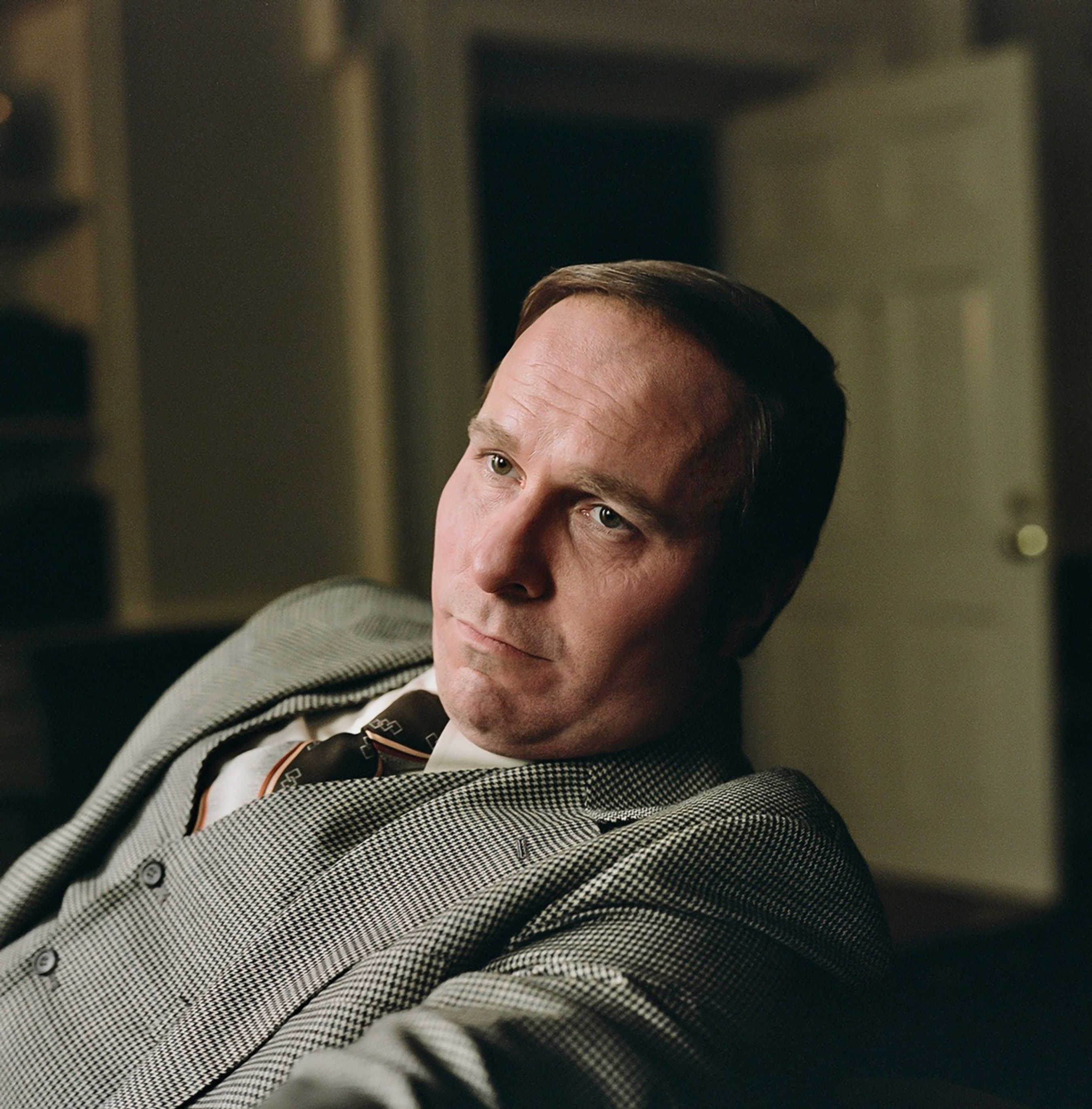By Ewan Marmo-Bissell, Second Year, History
Adam McKay’s unconventional portrait of former Vice President Dick Cheney shows admirable conviction in unique filmmaking techniques, but ultimately loses a sense of meaning in its efforts.
Vice is a wild, unwaveringly bizarre experience. The opening sequence, which is less of a sequence and more of an unconnected montage, sets the tone for a film that will stop and start relentlessly, only occasionally dipping into traditional narrative. Vice doesn’t care who you are or what you expect; it does entirely its own thing from beginning to end.
Youtube / Movieclips Trailers
It is not a traditional biopic, but struggles with all the pitfalls of one, and goes on to push the envelope with one of the most oddball screenplays of the year, off the wall editing, and sequences which more closely resemble a different type of film altogether.
It’s worth understanding a broad outline of what exactly the film is – it is essentially a biopic of Dick Cheney, the Vice President between 2001-09 under George W. Bush, and covers a succession of Republican presidencies under which he was involved from the Nixon era. Cheney is portrayed by Christian Bale, who has undergone another one of his now famous body transformations in order to meet the stature of the former Vice President.
The brilliant hair and makeup department on this film is also noteworthy for bringing out the youth and subsequent age of Bale and the supporting cast of Amy Adams as Lynne Cheney, and Steve Carell as Donald Rumsfeld.

Watershed / Vice
Some of Vice’s problems, however, stem from a traditional issue with biopics – it doesn’t really touch on Cheney’s character and struggles to tell us anything more than what we already know – that Cheney had a stranglehold on the presidency under Bush and was one of the key players in the launch of the Iraq War.
We do get an insight into Cheney’s background, and it is his relationship with Don Rumsfeld where we get some of the most impactful scenes: the young Cheney learning from the seasoned Rumsfeld, but against the spectre of the audience knowing what was to come. The themes of power, pragmatism and loyalty are ever present, while these scenes are human and politically engaging. But maybe humanity isn’t something the film wished to express in Cheney.
Rather, the film screwballs through his life in a part parody, part documentary, and part art film manner. The Big Short (2015), also by Adam McKay, is a wonderful movie that balances the true-to-life and somewhat confusing economic story with humour and political fear. Vice turns everything up to eleven. Imagine Tom Hardy’s performance in Venom (2018) but instead it’s the entire movie. In Vice there are scenes that are literally just parodies without narrative significance. The narrative itself is sweeping but thin, and, with this, it begins to start appearing more and more like an art film rather than a political biopic.
By ‘art film’, I refer to Robert McKee’s Story, a brilliant book about screenwriting, that identifies the art film genre as one that embraces other genres with some attempt at being avant-garde, out of the ordinary with an indie-drama low budget style story. But as McKee says, the idea of writing above genre is naïve, and it is awfully tricky for anyone to balance a so-called ‘art film’ with quality and actual meaning.
On this week's Inside the Hive, @NickBilton sits down with Oscar-nominated director Adam McKay to talk about Vice, and when America fell off the tracks https://t.co/A8GJB49JDO
— VANITY FAIR (@VanityFair) February 1, 2019
This would be even more tricky for a writer-director like Adam McKay, whose work is particularly traditional, and often high quality, like Step Brothers (2008), Talladega Nights (2006) and The Big Short. What he does in Vice doesn’t really work and is sometimes confusing and surprising, but I really admire how far he goes with it. It is an authentic Adam McKay work unique to what he has done before, even if it doesn’t mean much.
The style often seeps into documentary as well – as if what we are watching is literally what happened. It gives the film a neo-realist edge, intending to draw similarity to the current political climate. But when this documentary style is thrown in with the rest of this film, it can be jarring to go from beginning to think that this is real life to a scene in which a dead man narrates his own heart being shipped across a country.
"I’m having a heart attack, you idiot." Vice (2019)
One of my few takeaways from this movie is that it would make a wildly unlikely companion to Andrew Bujalski’s mumblecore masterpiece Computer Chess (2013), which is similar in its style as a faux documentary with bizarre, seemingly metaphorical sequences chucked in.
Vice really does push the envelope for biopics and doesn’t do it well, but if anyone is politically interested and wants to see an exercise in cinematic madness, I would wholly recommend it!
Vice is showing at Watershed until February 7.
Featured Image: IMDb / Vice / Annapurna Pictures
Have you got any thoughts on the movie in general or Bale's awardwinning performance?
Facebook // Epigram Film & TV // Twitter








